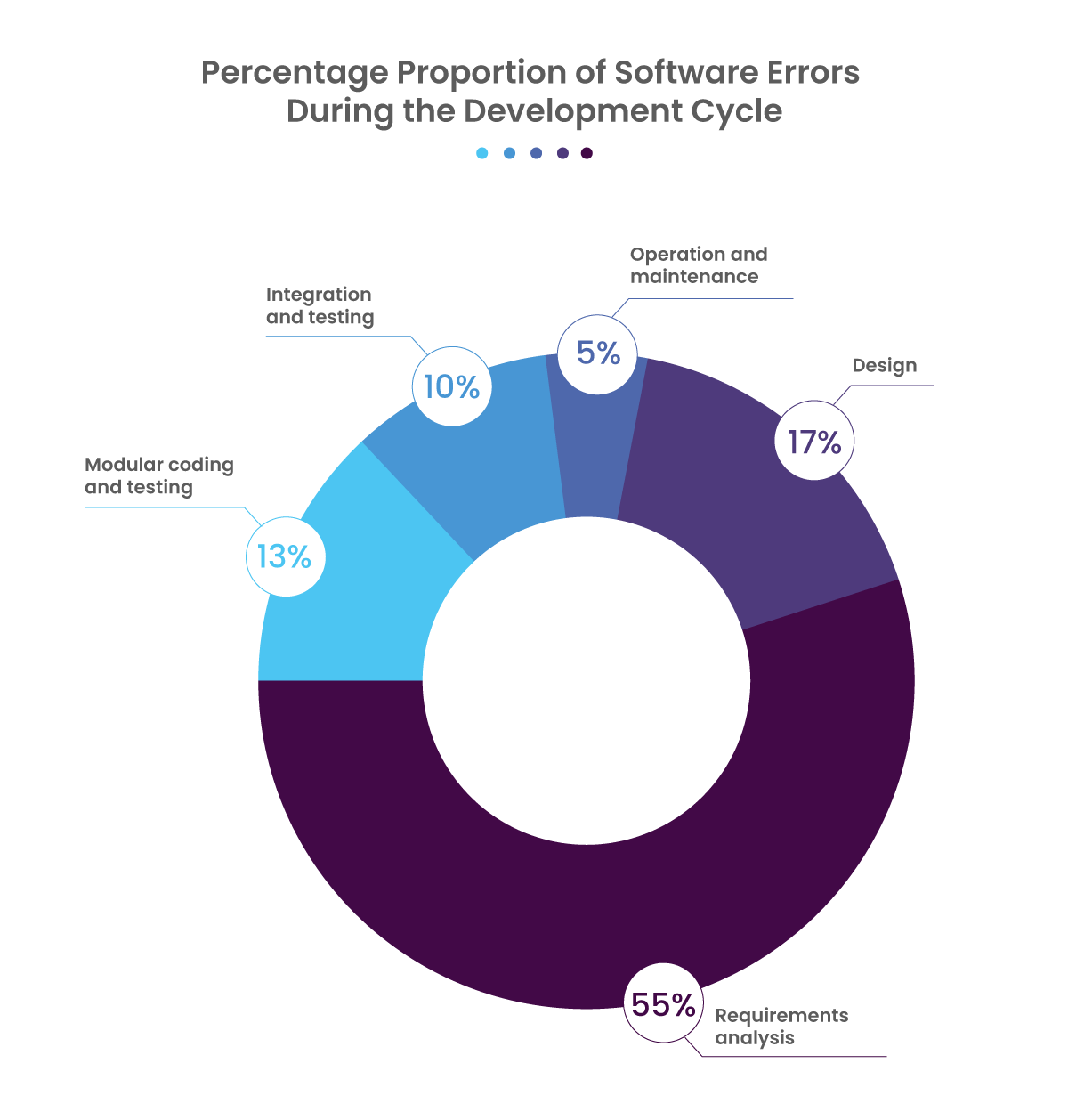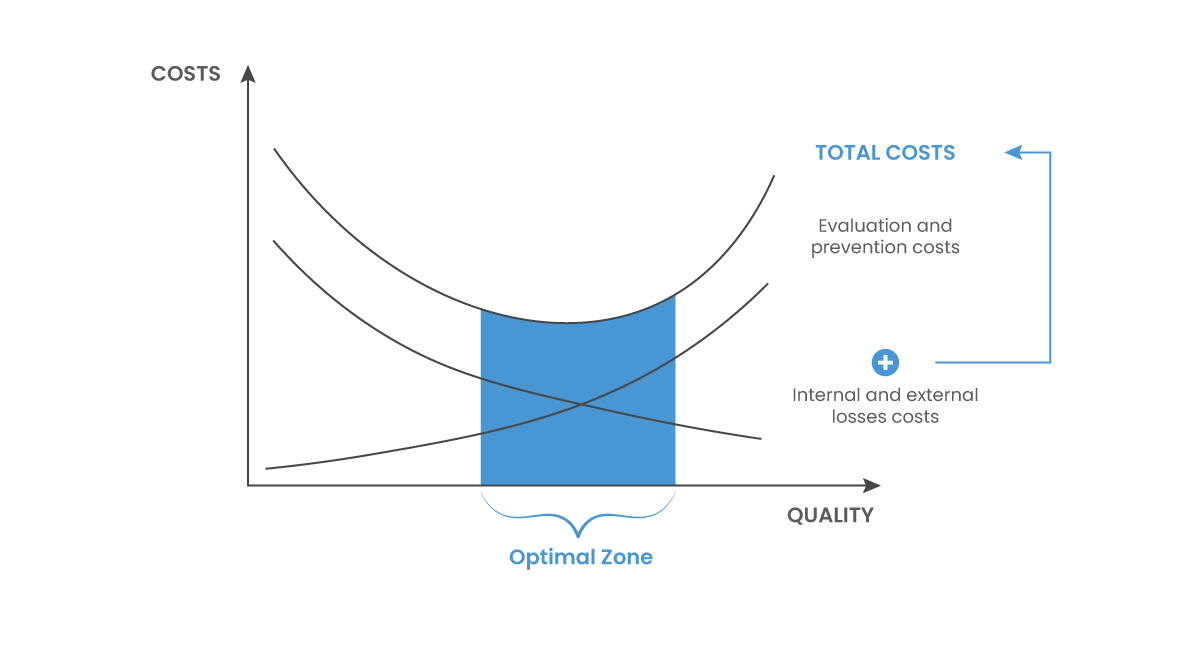Let’s start with a fundamental question: do you consider quality important in your company? The answer should be obvious, affirmative and unanimous.
However, in many organizations, quality control is relegated to the last phases of the projects, excluding its participation in the early stages where ensuring quality should be at the top of priorities. Some even prefer to hire external personnel for their evaluation. While not a fatal error, it’s actually not the best practice. Quality control is such a sensitive process in an organization that by outsourcing it there is a risk that these agents will not be able to fully commit themselves. Do you want to know why a Salesforce QA Tester is essential? Then continue reading, because in this article we will tell you the most important things about this role, its functions and abilities.
What is a Salesforce QA Tester?
Salesforce Quality Assurance Testers can be considered ambassadors of customer needs. In an ideal scenario, they are part of the development team throughout the software life cycle, ensuring that the implemented solutions fully meet the requirements of end users. To do this, they maintain a conciliatory balance between clients and the development team. Frequently they lean closer to the interests of the clients than to those of the development team, which may cause some internal friction.
Also known as QA Analysts or QA Engineers, they have skills in performing test methods on different Salesforce versions, both standard and custom. They must design, write, scale, and keep complex testing frameworks running. In addition, they perform analysis of non-functional requirements and technical designs, translate functional requirements into test cases, identify defects and propose their solution.
This is accomplished through a full understanding of the software’s functionality, an empathetic stance with customers, and the ability to work closely with developers and other interested parties to reduce bugs. All of it for the final and long-term benefit of everyone involved in the process.
One of the most appreciated characteristics of Salesforce is its high level of customization, integration, and updating. But beware, all of them can affect the standard use of CRM. Basically, a new update can break the functionality of the system, affect users and tarnish the reputation of your company. For these scenarios, a Salesforce QA Tester is essential.
Functions of a Salesforce QA Tester
A good QA Tester must be one step ahead of possible failures, with a strong preventive approach and high attention to detail. The essence of this role lies in analyzing the system in detail, throughout its entire life cycle. This is how to achieve that end customers barely detect the minimum number of errors and imperfections. If we know how the occurrence of errors is distributed by phases, we can deduce in which phases the participation of the quality insurer is more necessary.

Given that errors occur, on a descending scale, throughout the life cycle, it is recommended that the QA Tester be part of the team throughout the process. This allows for clear communication once the failures have been identified, to go over them together with the proposed solutions to correct them.
More specifically, the functions of this role can be summarized in:
Test Case Design
The test cases are the set of actions executed to verify the functionality of the system. They must include stories and profiles of real users, acceptance criteria and any other information necessary to test the system and that it meets the total requirements of the user. The types of tests for quality control in Salesforce are: UAT (User Acceptance Testing), production, regression, load, security, functional and integration tests.
Collaboration
Internal tension is likely to arise between testers and developers, as the former monitor the work of the latter, exposing their bugs and imperfections. However, professionalism, mutual respect and empathy for clients must prevail in the team. This is the only way to achieve a collaborative environment that enhances productivity, creativity and organizational success.
Generation of feedback reports
Reports are part of the feedback loop between testers and developers. In these, Salesforce QA testers must promote valuable comments, those that refer to the problems, the ways of tracking errors and the tests carried out. The shorter this feedback loop is, the faster bugs are fixed, thus increasing your usefulness in agile processes where you can participate in each iteration.
Design review
They seek to examine with a magnifying glass the functional requirements and specifications of each design. All this in order to advise the development team, business analysts and the entire company.
Detection of security vulnerabilities
For any organization, the reduction of risks and failures before the publication of a new update or integration is a priority. Testers learn to recognize the signs associated with a potential security vulnerability.
Automated test development
Development does not stop. Automation, AI, and modern business technology have radically changed the resources and tools of QA testers. Instead of running as many tests as possible manually, they now coordinate efforts and resources to identify which test cases and under which conditions automation will improve results. Automation is especially useful for long-duration and repetitive tests.
Is the role of Salesforce QA Tester essential?
Let’s ask ourselves another question: what is the cost of a mistake? And when we talk about cost, let’s take into account not only those in financial terms, but also in terms of security and image of the organization. There are companies that have gone bankrupt due to a single mistake.

Given this scenario, the importance of a Salesforce QA Tester is equal to the importance of quality in your organization and the cost that you are prepared to bear for an error.
Salesforce is a very dynamic platform, highly scalable, constantly moving and expanding. With thousands of integrations and customizations today, it is virtually impossible for two organizations in the world to have an identical version of CRM. Therefore, QA is as customized as the version of Salesforce itself.
Adding a Salesforce QA tester to the development team, dedicated to constantly verifying and maintaining the functionality and integrity of your proprietary version of CRM, positively impacts the success of the final product. In addition, it facilitates the integration of new functionalities, updates and customizations in a process of continuous improvement. When certification of the quality of the process is sought, beyond that of the product, then the QA Tester is absolutely essential.
Want to learn more about this and other Salesforce roles. Well, at SkyPlanner we have the certified expertise to help you. Do not hesitate and write to us at hello@theskyplanner.com.



